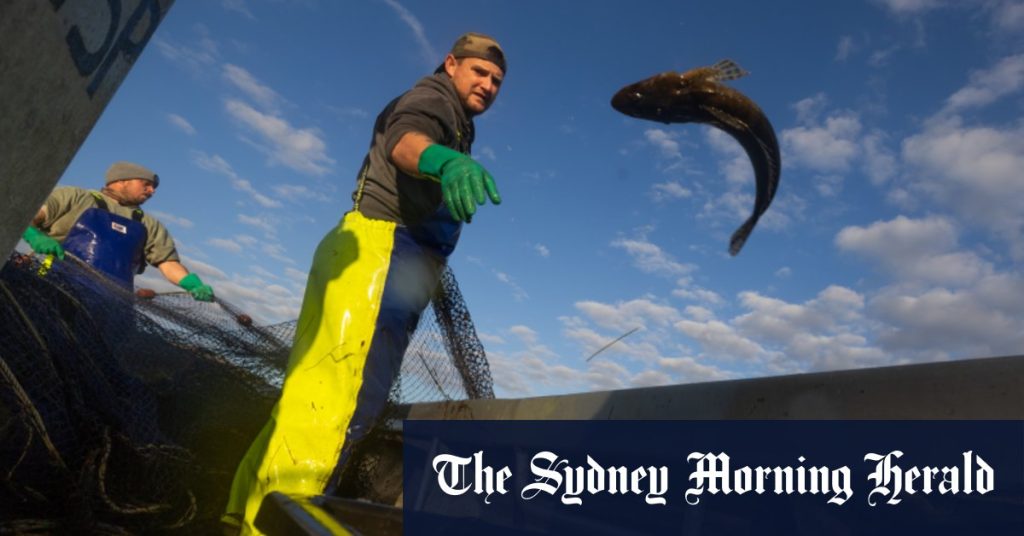In the autumn sunshine of Corner Inlet, Luke Anedda engages in the traditional practice of dropping nets in hopes of a fruitful catch. Commercial net fishing is a dying trade in Victoria, with Corner Inlet being the last bastion for this practice. Anedda, along with only 17 other license holders, fought fiercely to protect net fishing when the government threatened to phase it out in favor of recreational fishing. Through their efforts, they made unlikely allies of recreational fishers and succeeded in formalizing their voluntary code of conduct to ensure sustainable fishing practices.
Anedda represents the fourth generation of his family engaged in commercial fishing at Corner Inlet, supplying fresh catch to the wholesale seafood market and local restaurants. Despite initial fears of recreational anglers threatening their livelihood, the local commercial fishing industry managed to lobby the government successfully to make their code of conduct mandatory. This move further solidified the relationship between commercial and recreational fishers at Corner Inlet and ensured the sustainability of fish stocks in the area.
David Kramer, an advocate for recreational fishing, played a crucial role in supporting the commercial fishing industry’s campaign to formalize their code of conduct. His influence on the government, along with the immense popularity of recreational fishing in Victoria, highlighted the power recreational fishers hold in shaping fishing policies. The state government’s focus on promoting recreational fishing and investing in fish stocking programs further demonstrates their commitment to this community.
The Victoria Fisheries Authority, led by Travis Dowling, acknowledges the strong relationship between commercial and recreational fishers at Corner Inlet, built on trust and compromise. With over 1 million people participating in recreational fishing across the state, it is essential to maintain harmony between the two sectors to safeguard fish stocks for future generations. While Dowling can’t guarantee the continuation of net fishing in Corner Inlet, he praises the current practices of commercial fishers and their commitment to sustainability.
Political experts recognize the significance of the angling community in Victoria, especially as a voting group in key marginal seats. The government’s strategic policies targeting recreational fishing enthusiasts reflect their understanding of the community’s importance. Futurefish Foundation and other advocacy groups continue to push for policies that support fishing accessibility and sustainable practices. As fishing remains a beloved pastime in Victoria, the government’s support for this activity can influence voter decisions in terms of party policies that cater to fishing enthusiasts.
As Anedda navigates his boat back to port, he looks to the future, hoping his children will carry on the family tradition of commercial fishing in Corner Inlet. The legacy of sustainable fishing practices and the balance between commercial and recreational fishers ensure the continuation of this time-honored trade. The pristine waters of Corner Inlet hold promise for future generations of fishers, providing opportunities for livelihoods and enjoyment in the art of fishing.


